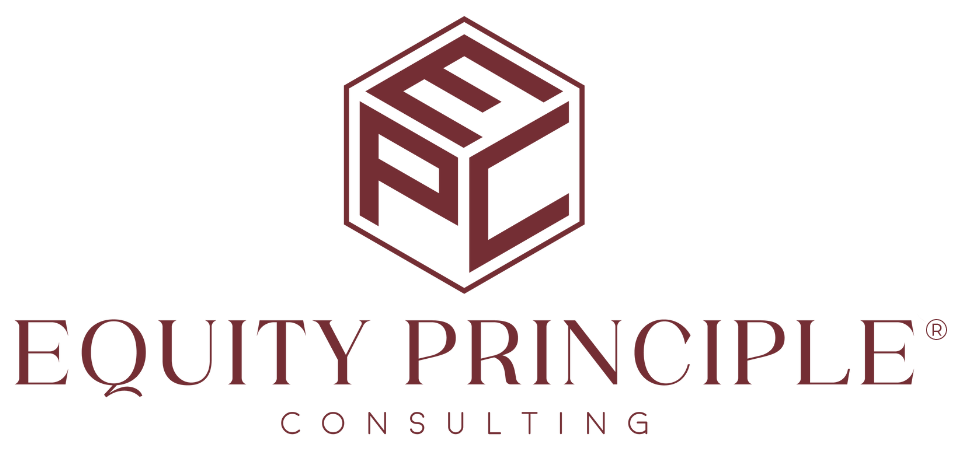Navigating DE&I Commitment Amid Political Challenges
Upholding a company’s diversity, equity, and inclusion (DE&I) commitment can sometimes feel like navigating a minefield, especially in today’s political climate. External pressures and anti-DE&I rhetoric gaining traction in some sectors present real challenges for organizations striving to foster inclusive cultures.
This backdrop is fertile ground for doubt and skepticism among staff, particularly when they perceive a disconnect between an organization’s stated DE&I goals and its actions.
When a company that once displayed enthusiasm for robust DE&I initiatives appears to scale back or mute its efforts, possibly due to the current political landscape, it can inadvertently signal to employees that the commitment to these values is susceptible to external pressures. This perception can further fuel skepticism and erode trust in the organization’s sincerity.
Several internal factors can exacerbate skepticism among employees about the organization’s commitment. Here are some key internal factors:
-
- Leadership Behavior and Commitment: If leadership behaviors do not consistently align with the stated DE&I values, it can create a perception of insincerity. Leaders’ actions, more than their words, are observed as a reflection of true commitment. A lack of visible leadership endorsement or participation in DE&I efforts can severely impact employee trust.
- Transparency and Communication: Inadequate communication about the reasons for changes in DE&I priorities can lead to misunderstandings and mistrust. Employees may feel left out of the loop if changes are not explained or if there is not a clear, ongoing dialogue about the company’s DE&I journey.
- Resource Allocation: Shifting resources away from DE&I programs—whether in terms of budget, personnel, or attention—can signal a waning commitment. Employees will note whether DE&I is being treated as a strategic priority or as a dispensable option during tough times.
- Employee Feedback Mechanisms: Lack of effective channels for feedback on DE&I issues or failure to act on the feedback provided can also increase skepticism. Employees need to feel heard and see that their input leads to action; otherwise, cynicism may grow.
- Consistency Across the Organization: Discrepancies in how DE&I policies and practices are implemented across different levels or departments of the organization can lead to perceptions of unfairness or tokenism. Consistency is crucial to maintaining trust.
Strategies to Reinforce DE&I Commitment
For leaders seeking to overcome these challenges and reinforce their DE&I commitment, several strategies can be particularly effective:
Public and Private Reaffirmation: It’s crucial to reaffirm the organization’s commitment to DE&I both publicly and internally. This dual approach ensures the commitment is clear and consistent, regardless of external pressures.
Transparent Communication: By explaining the ‘why’ behind DE&I efforts, leaders can build understanding and support. Transparency about the goals, processes, and even the challenges helps demystify DE&I efforts and integrate them more deeply into the organizational culture, fostering trust and confidence in the leadership’s commitment to DE&I.
Empower Employee Resource Groups: Giving real authority and visibility to employee resource groups (ERGs) can help tap into the grassroots level of diversity and inclusion. These groups can provide valuable insights into the effectiveness of DE&I initiatives and act as advocates for genuine change.
Ongoing Education and Training: Regular, comprehensive DE&I training sessions are essential. Training should focus on policies and cultural competencies, addressing unconscious biases, and dealing with external societal changes that affect the workplace.
Accountability and Metrics: Establishing clear, quantifiable measures to track and assess the progress of DE&I initiatives, which helps to hold leaders accountable for meeting the stated metrics, can strengthen the seriousness of the commitment. Regular progress reviews and transparent reporting of outcomes will also support this effort.
In conclusion, the current political and cultural challenges require a firm and clear stance on DE&I. By addressing both external influences and internal practices that foster skepticism, organizations can demonstrate their commitment not only in words but, importantly, in deeds, thereby building a truly inclusive culture.

